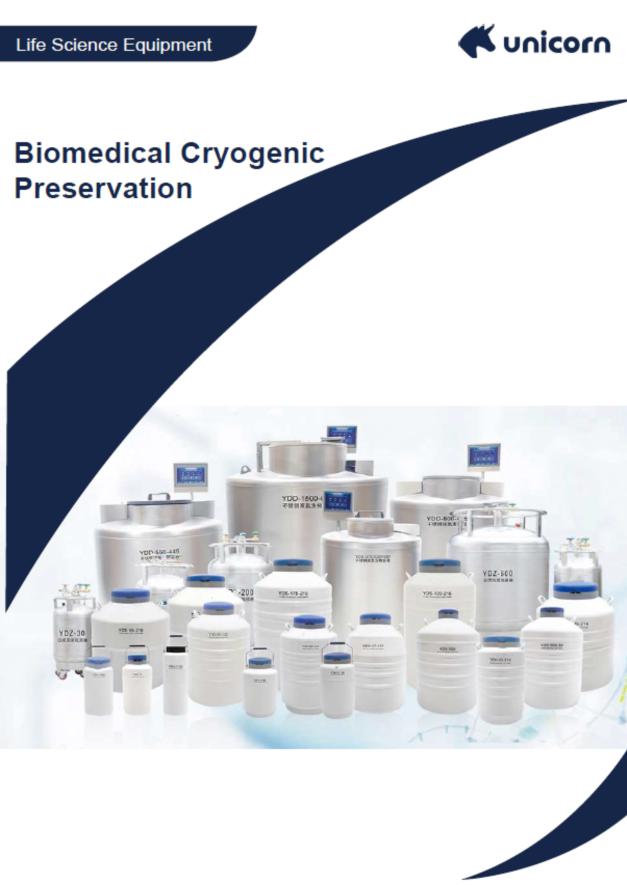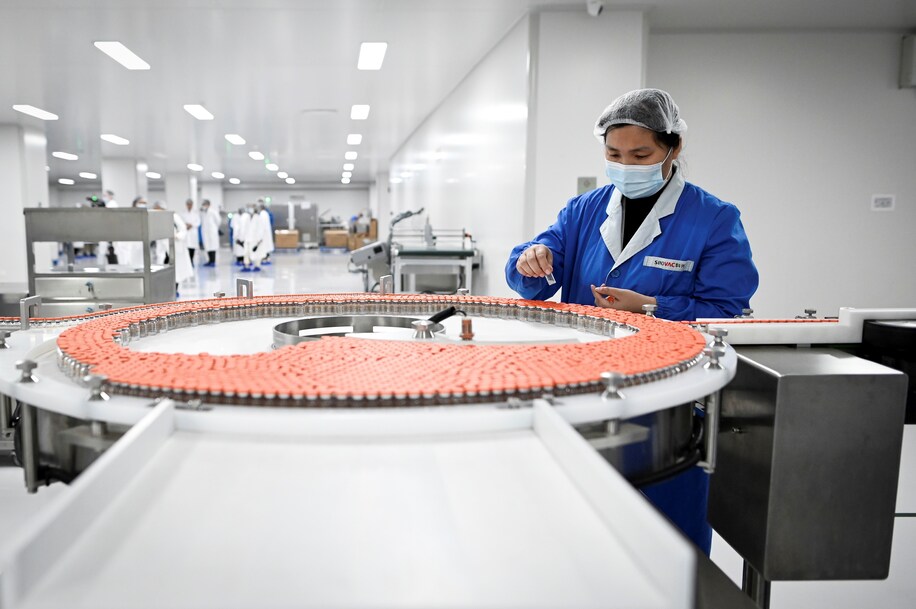Controlled-Rate Freezer helps to preserve cell viability and offers numerous advantages over traditional storage methods. In this post, we’ll explore how the SINOVAC vaccine uses the Controlled-Rate Freezer and why it has become an essential tool in the vaccine R&D stage.
Sinovac Vaccine
Sinovac Vaccine is a biopharmaceutical company that specializes in the research and development of vaccines. The company’s focus is on developing safe and effective vaccines that can protect people from infectious diseases. One of the key challenges faced by Sinovac Vaccine is maintaining the viability of cells during the freezing process.
The cells used in the production of vaccines are extremely sensitive and require precise control of the freezing rate to minimize the detrimental effects of undercooling and the heat liberated during the phase change process from water to ice. Failure to maintain the integrity of these cells during freezing can result in the loss of their therapeutic efficacy.
Unicorn Lifescience Controlled-rate freezer Solution
To address this challenge, Sinovac Vaccine turned to Unicorn Life Science for a solution. Unicorn Life Science is a leading manufacturer of controlled-rate freezers (CRF), which are used for the cryopreservation of biologic material in research and clinical applications. The CRF achieves reliable, reproducible results with maximum operational safety in the bio-pharma industry.
After evaluating several CRFs, Sinovac Vaccine chose Unicorn Life Science’s CRF based on its performance, ease of use, and compliance with Good Manufacturing Practices (GMP) protocols. The CRF is designed to provide precise control of the freezing rate, ensuring that the cells are frozen at a rate that is optimal for their survival. The product’s performance is comparable with some well-known brands.
Using the CRF, Sinovac Vaccine was able to achieve reliable and reproducible results in the cryopreservation of its cells. The company was able to freeze the cells at a controlled rate, ensuring that they remained viable and effective. The CRF also allowed Sinovac Vaccine to comply with GMP protocols, which are required for the manufacture of vaccines and other biologic products.
One of the key advantages of the CRF is its ease of use. The system is designed to be user-friendly and requires minimal training to operate. This made it easy for Sinovac Vaccine’s technicians to integrate the CRF into their workflow and achieve consistent results. The CRF also provided maximum operational safety, which is critical in the bio-pharma industry where safety is paramount.
With the help of the CRF, Sinovac Vaccine was able to improve the efficiency and effectiveness of its cell freezing process. The company was able to maintain the viability of its cells, ensuring that they remained effective in the production of vaccines. This allowed Sinovac Vaccine to accelerate its vaccine development process, which is critical in the fight against infectious diseases.
Conclusion
Sinovac Vaccine’s use of Unicorn Life Science’s controlled-rate freezer is a prime example of how the bio-pharma industry is using advanced technology to improve the quality and safety of biologic products. The CRF provides precise control of the freezing rate, ensuring that cells are frozen at a rate that is optimal for their survival. The system’s performance is comparable with some well-known brands, and it is designed to comply with GMP protocols. By using the CRF, Sinovac Vaccine was able to improve the efficiency and effectiveness of its cell freezing process, accelerating its vaccine development process and contributing to the fight against infectious diseases.



